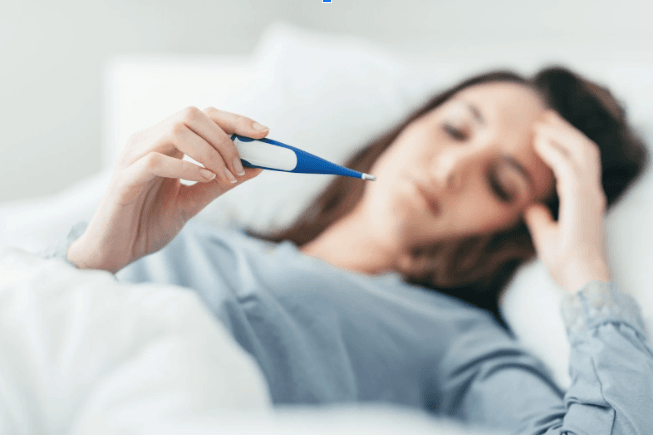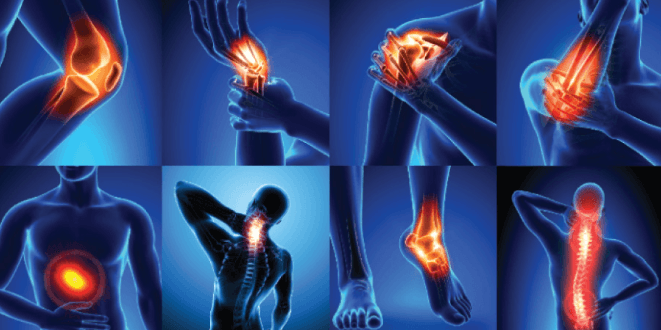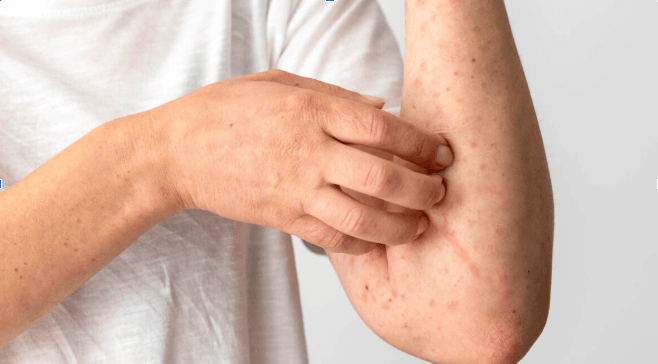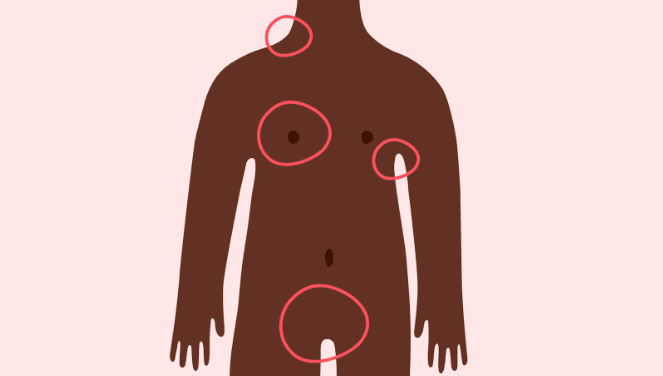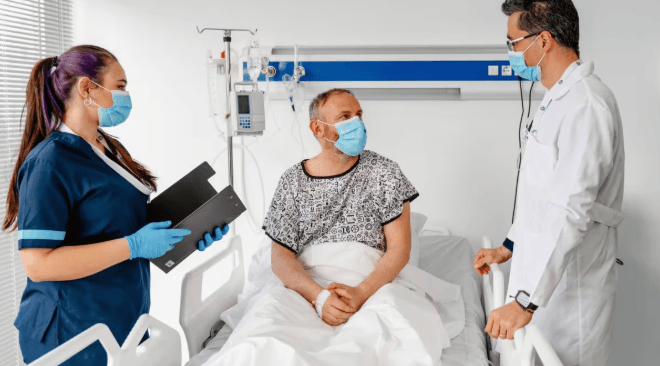
How To Prevent Breast Cancer: 10 Ways To Reduce Risk?
Breast cancer is the most common cancer among women in India, accounting for a significant portion of new cancer cases and deaths, with reports stating it is responsible for around 13.5% of new cancer cases and 10% of cancer-related deaths in the country; this trend shows a rising incidence rate across different regions of India, with urban areas experiencing a higher burden compared to rural areas.
Many risk factors are linked to breast cancer. Few are modifiable. The two most common, being a female and getting older, are factors beyond your control. However, there are lifestyle changes that you can make to prevent cancer, such as exercising, maintaining a healthy weight, and limiting your alcohol intake.
Having a better understanding of risk, the factors that affect it, how to assess yours, and how to manage it can help you make decisions about your lifestyle. Also, working with your health care provider can help you determine a breast cancer screening plan that is right for you. For those seeking cost-effective treatment, an affordable cancer clinic in Chennai can provide quality care and early detection services.
Over the past 30 years, researchers have identified many factors that increase the risk of breast cancer, as well as a few factors that lower it. It is still not known exactly what causes breast cancer to develop at a certain time in a certain person; it is likely a combination of factors. Although there are ways to manage the risk, no one has control over developing cancer.
Even though the cause of breast cancer is not known, certain risk factors increase the chance of developing breast cancer. Some women have many factors that increase their risk of breast cancer, but they do not develop it. On the other hand, some women develop breast cancer without having any risk factors

Experts don’t know what causes breast cancer, but certain things make you more likely to get it.
Your age, genetic factors, personal health history, and diet all play a role. Some you can control; others you can’t.
1. Eating healthy:
Diet exposes our body to many nutrients and chemicals. Potentially protective substances in foods include polyphenolics (ie, foods containing curcumin, raw and less processed cocoa, extra virgin olive oil, berries, walnuts, ginger, black and green olives, spinach) or sulfur-containing compounds (ie, green vegetables containing sulforaphane and flavones).
Polyphenols are antioxidants that help to neutralize harmful free radicals that damage cells in our body. Low-fat diets, which are usually low in red meat and high in fruits and vegetables, may render some protection through high intake of anticarcinogens in vegetables, fruits, legumes, nuts, and grains.

The Women’s Health Initiative randomized trial did not find an effect of low-fat diet on risk of cancer of the breast or colon. However, among women with early-stage breast cancer, a low-fat diet seems to provide a survival benefit. The Women’s Health Initiative randomized trial of more than 2,400 women with early-stage breast cancer showed that patients assigned to a low-fat diet, in addition to standard therapy, had meaningfully improved survival compared with women eating a regular diet. In a meta-analysis, a positive association was found between sugar-sweetened beverage intake and breast cancer.
2. Maintaining a healthy weight :
Obesity is classically defined as a body mass index of at least 30kg/m2. The International Agency for Research on Cancer concluded that there is sufficient evidence demonstrating risk associations for obesity and 13 cancers, including esophageal adenocarcinoma, meningioma, multiple myeloma, gastric cardia, colorectal, liver, gall bladder, pancreatic, postmenopausal breast, uterine, ovarian, renal cell, and thyroid cancers.
Excess adiposity also increases cancer recurrence risk and reduces treatment efficacy in multiple cancers. Excess adiposity creates a proinflammatory state.

3. Physical activity :
Exercise and physical activity decrease the risk of breast cancer by changing the estrogen, insulin, and insulin-like growth factor. Among women, Obesity and weight gain during adulthood are linked with a higher risk of breast cancer, especially after menopause. So, every overweight person should limit high-calorie foods and beverages and increase physical activity to help with weight loss.
In addition to the role of physical activity in reducing cancer risk, an increase in physical activity may be helpful for cancer survivors. Associations have been observed with decreased recurrence and progression and improved survival. Among cancer survivors, the strongest benefits of physical activity have been observed for survivors of colorectal, breast, and prostate cancers.

4. Avoid Alcohol & Smoking
In particular, more than one drink a day increases the risk of breast cancer. Alcohol is classified as a Group 1 human carcinogen. There is no safe level of alcohol consumption.
Avoid smoking:
Smoking is associated with an increased risk of breast cancer. The longer a woman smokes, the higher her risk of breast cancer.

5. Mammograms:
Mammograms are x-rays of the breasts that can detect breast cancer early. Screening mammograms are annual preventive exams. It is recommended that average risk women start screening mammogram from the age of 40 and should continue as long as a woman is healthy and is expected to live 10 more years or longer.
Diagnostic mammograms are done only if there are signs and symptoms of breast cancer in the breast or armpit. After screening mammogram a radiologist reviews the images and determines if additional imaging is required.

7. Breastfeeding:
The protective effect of childbearing at younger ages on breast cancer risk is well established. The longer you breastfeed, the lower your risk of breast cancer. This is because it reduces exposure to estrogen, which can promote breast cancer cell growth.

8. Manage stress :
There is no current evidence that stress and experience of adverse life events affected subsequent breast cancer risk. Stress can impact a person’s ability to live a healthy lifestyle as it can lead to changes in behaviour or daily routine that may increase the risk of developing breast cancer. Stress can impact the immune system, which may contribute to breast cancer. Stress can increase levels of cortisol, which may contribute to tumor growth.

9. Adequate sleep :
The association between typical sleep duration, sleep quality, or sleep disturbance and breast cancer has not yielded consistent findings. But for overall health, sleeping for 7 to 8 hours is advisable.

10. Genetic testing:
If you have a family history of breast cancer, talk to your doctor about the possibility of genetic testing.
If a first-degree female relative (mother, sister, or daughter) had breast cancer, you’re two times more likely to get the disease.
The risk can also rise if your father or brother was diagnosed with breast cancer (male breast cancer)

Hereditary breast and ovarian cancer syndrome (HBOC) is clinically defined by family history criteria and molecularly defined by identification of germline pathogenic variants in clinically validated hereditary breast and ovarian cancer genes.
In the presence of a pathogenic variant in BRCA1, BRCA2 or PALB2, screening should commence 5 years before the youngest affected family member, or by age 30.
Younger-aged women have a higher breast density, which interferes with mammographic detection of breast cancer. Magnetic resonance imaging (MRI) has consistently demonstrated improved early diagnosis of cancer in high-risk individuals.
Breast cancer among women with BRCA1 exhibits fast growth rates more often than sporadic breast cancer. Hence, the time available to detect the cancer is limited, which explains the need for closer screening intervals, particularly for BRCA1 carriers. In fact, for carriers of a BRCA1, 6-monthly screening is recommended.
If 6-monthly screening is considered, this may be best achieved by annual MRI, and the following imaging may be considered in between annual MRI studies, mammography with or without ultrasound.

Women with HBOC should be offered intensified screening if they do not opt for risk-reducing surgeries. Breast MRI should be considered the essential component of intensified screening programmes.
Studies demonstrate that ‘intensified screening’ results in earlier breast cancer diagnosis and improved outcomes. There are no data as to when we can stop MRI screening for high-risk individuals. Current guidelines recommend continuing MRI for as long as the woman is in good health.
Once HBOC syndrome is identified, individuals should be advised genetic counselling to address the medical and potential psychological implications for both individuals and their families.
Follow-up is a lifelong process for individuals with Hereditary breast and ovarian cancer, as they have to undergo serial imaging, risk-reducing surgeries, and risk-reducing treatment.
Other Risk Factors:
Other risk factors include nulliparity (never being pregnant) or late age at first childbirth, early menarche and late menopause, prior breast biopsy with hyperplasia or atypical hyperplasia, high breast tissue density, radiation exposure at a young age, especially chest region, and use of postmenopausal hormone therapy.
Although the relation among physical activity, BMI, and diet may be difficult to separate, it is apparent that maintaining a healthy diet, limiting alcohol intake, avoiding obesity, and moderate physical activity are modifiable behaviors that can decrease breast cancer risk and should be encouraged.
For those seeking specialized care, a breast cancer center in Chennai can provide comprehensive screening and treatment options.
However, there are underlying genetic, environmental, and dietary factors that contribute to the differences in the worldwide incidence of breast cancer.
Conclusion
Breast cancer prevention involves a combination of lifestyle changes, regular screenings, and genetic awareness. While some risk factors like age and genetics are beyond control, adopting a healthy diet, maintaining a balanced weight, avoiding smoking and alcohol, and staying physically active can help reduce the risk.
Early detection through mammograms and genetic testing is crucial for timely intervention. For those at high risk, intensified screenings or preventive measures can improve outcomes. Seeking expert care at a breast cancer center in Chennai ensures comprehensive support.









